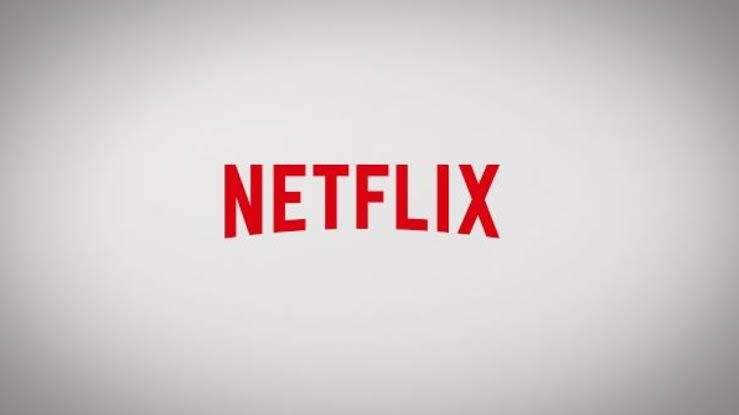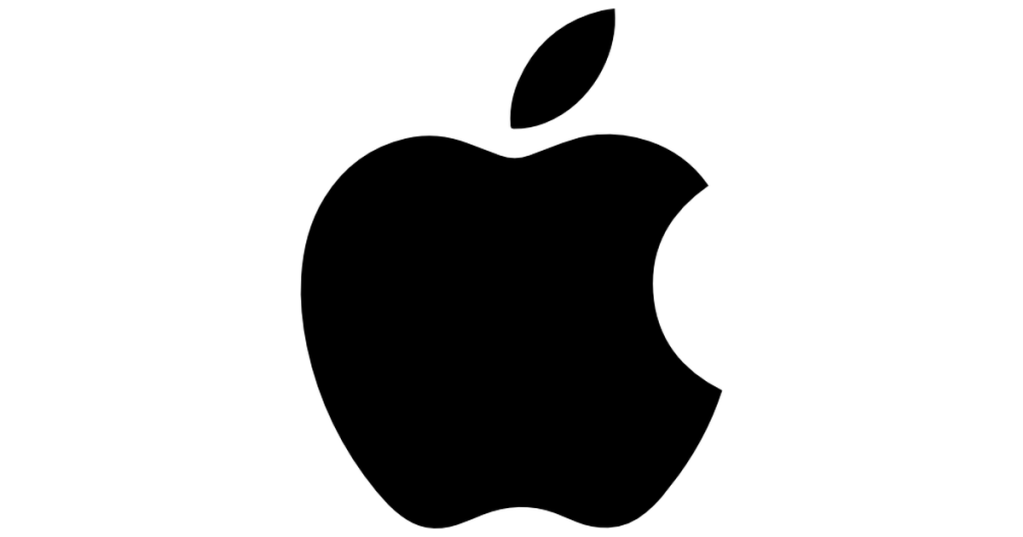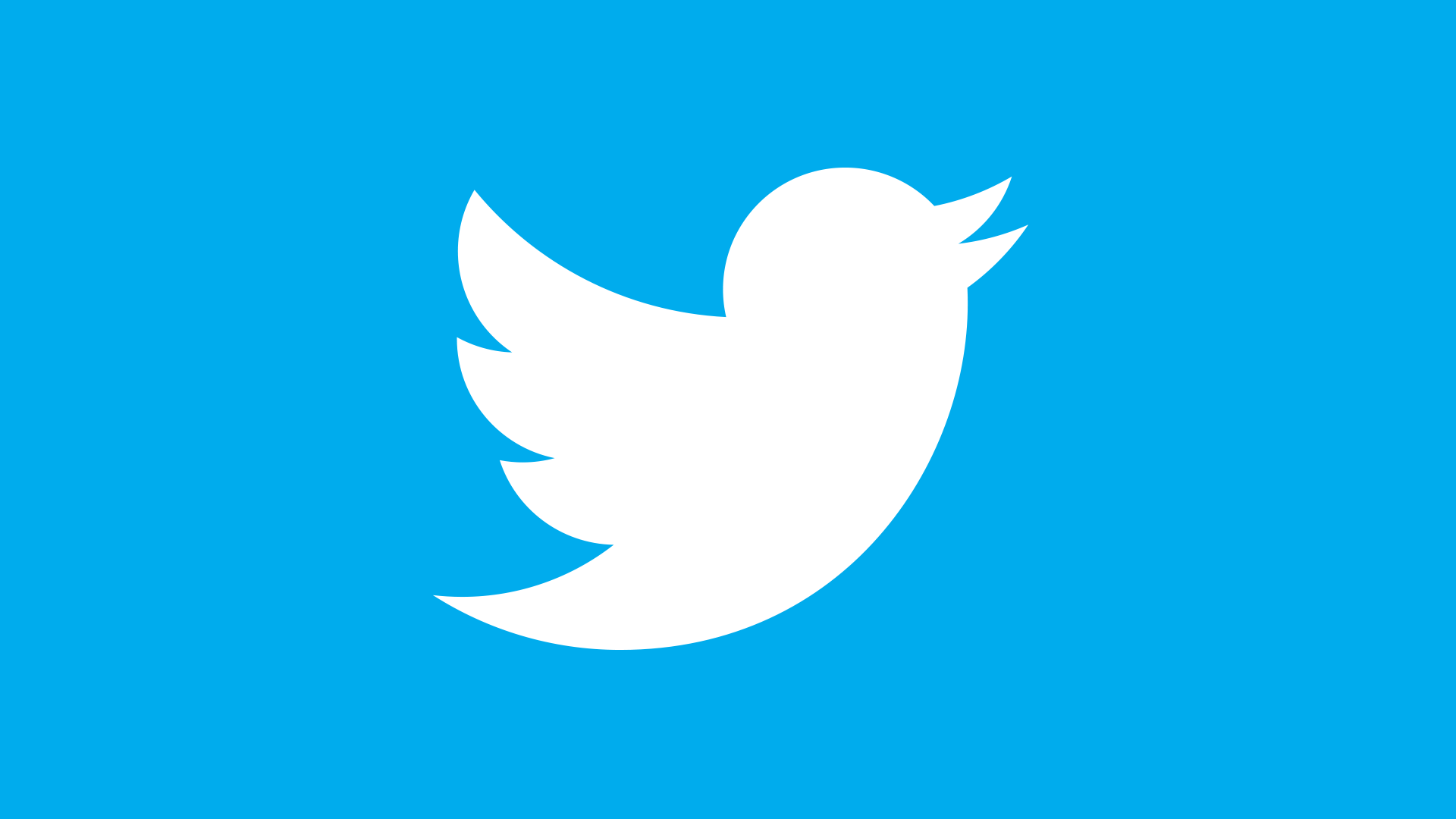
Netflix goes old-school:
Netflix has decided to try out a new thing, and it should be a good ole bit of fun, because it has decided to create a channel on its browser-based website (for now) that will stream pre-selected movies and series like a regular old channel that you might find on a cable or satellite TV service. So it’s going back to the way things used to be, but without the ad breaks.
Now, this service is entirely opt-in, and it’s so far only been unveiled in France under the name Netflix Direct. This is apparently because French viewers tend to like watching things they haven’t selected themselves? It’s odd reasoning but if it works, it works. Now, this will not be for everyone, obviously, but for those who don’t want to have to choose, it’s probably a great way to have a curated channel with things of a certain quality that can be streamed to those who want it.
This would be a nice addition to Netflix for those who don’t know what to watch. It certainly would help with all those times where you make food and then sit around looking for something to watch and then the food gets cold but because you still can’t find something to watch and so it just gets colder and colder… although that may not be a problem for everyone.
Bridgefy launches some great messaging for protests and disasters:
There’s an ongoing issue in the world, and it has to do with communication when communication is difficult or impossible. When a disaster strikes and all those usual things fall away, all those usual means of connecting via cell towers disappear, then you still need to be able to communicate. And that is what the messaging app Bridgefy has attempted to do.
The app is for offline messaging and uses an innovative blend of Bluetooth and wifi to maintain communication in disasters and in places where internet has been blocked or just shut off. You know, like in autocratic states or for people attempting to protest. This app has proved useful in recent years with things such as outages in Turkey and Greece during earthquakes, troubles in Nigeria and even in the Hong Kong protests. And the app just got a much-needed update.
The update adds something that is quite important when trying to communicate without having to worry about things like government surveillance, and that’s end-to-end encryption. The app has already proven successful and will likely continue along that route so long as it presents users with a safer, harder to crack service for communicating when communication is either difficult or repressed.
Social media companies went into overdrive during the election:
The United States election went by this month and Joe Biden came out ahead, but during the election itself the social media platforms went into absolute overdrive as they dealt with all the misinformation that was being thrown around by the Trump administration and by Trump supporters. Every social media platform had to tangle with the misinformation that was being thrown in every direction.
TikTok flagged and took down misinformation, YouTube was pulling videos all over the place, Facebook and Instagram sent out notifications to warn people about misinformation floating around, Facebook pulled things too, and once the election was technically over, Twitter announced that Trump would be losing his Twitter privileges come January and would be treated like every other user. So false info from him will just be pulled down.
And that was the election. A lot of whining online, a lot of conservative fake news and news outlets finally having enough of it all. All in all, it was rather fun to watch. From the outside at least.
Twitter will now warn you if you’re gonna like something wrong:
As we’ve already seen, social media companies decided to take the election seriously and did a whole load of misinformation banning. They blocked things and did all sorts, but Twitter has decided to extend some of that into the post-election times. They already decided to put up notifications when you try to retweet something with “misleading information”. You can still retweet it but it will notify you that it’s a lie, and now they’re gonna be doing the same thing with likes.
The function will stop you before you like something, and will tell you that it is not a truthful tweet. The hope is that this will dissuade people from engaging in blatant lies if they know that these things are lies. Sadly, many people are conspiratorial and believe that Twitter is out to get them, so this likely won’t work, but it’s a nice gesture. Not as nice as just blocking false information, but ya know. Baby steps.
Apple announced things at its “One More Thing” event:
Apple decided to have one of its big ole events again, and they did many of their usual things: announced a new MacBook Air, a new MacBook Pro and a new iOS update that has been named the Big Sur (which then came on 12 November). So all the usual kinds of things, but the company also unveiled some new chips that will come to the Mac and also the new app functionality that will have apps coming to Mac. So the usual stuff, really.
Furries do great furry things:
Furries come out into the general news every now and then to do something fun, and this time they did something very entertaining. Now, first off, to understand this, it’s important to understand the context. Right before the news outlets in the States announced that Joe Biden had won the presidency, Trump held a press conference at Four Seasons Total Landscaping, and no one knows whether this was a mistake and they were supposed to book a Four Seasons hotel. Either way, it’s funny.
So that’s just a funny mistake that was potentially made, but a furry named coopertom decided to recreate the location in VR Chat and then invited a bunch of furry friends over. So it became a digital playground for my favourite internet sub-culture, and that’s just something wonderful that’s always worth a good ole mention.
YouTube had an outage:
YouTube generally manages to remain rather stable throughout its existence, and that is kind of a necessity considering its ubiquity, but on 12 November 2020 it had a big ole issue and went down around the world. The service was unavailable for several hours and the outage affected 286,000 people. Google got the service back up and running quickly enough, but it has been rather quiet about what caused the outage. Even the biggest online services can be subject to errors though. So, who knows what could have happened there.
Snapchat does TikTok:
Seeing as TikTok was repeatedly threatened by forces in the United States, various companies decided to try and come in and steal TikTok’s market share, and this was all announced a while back but now it’s come into actual being. You see, Snapchat has decided to release its special little feature called Spotlight, and it’s essentially TikTok but on Snapchat. So it’s just one of many rip-offs that’s likely to come in the following months, much like how Twitter decided to try its hand at doing Instagram Stories. Everyone just copying from everyone. The way capitalism was always meant to be. Never innovating, just chasing the latest trend and trying to one-up the people who did it first and better. Oh well. Fun times.



